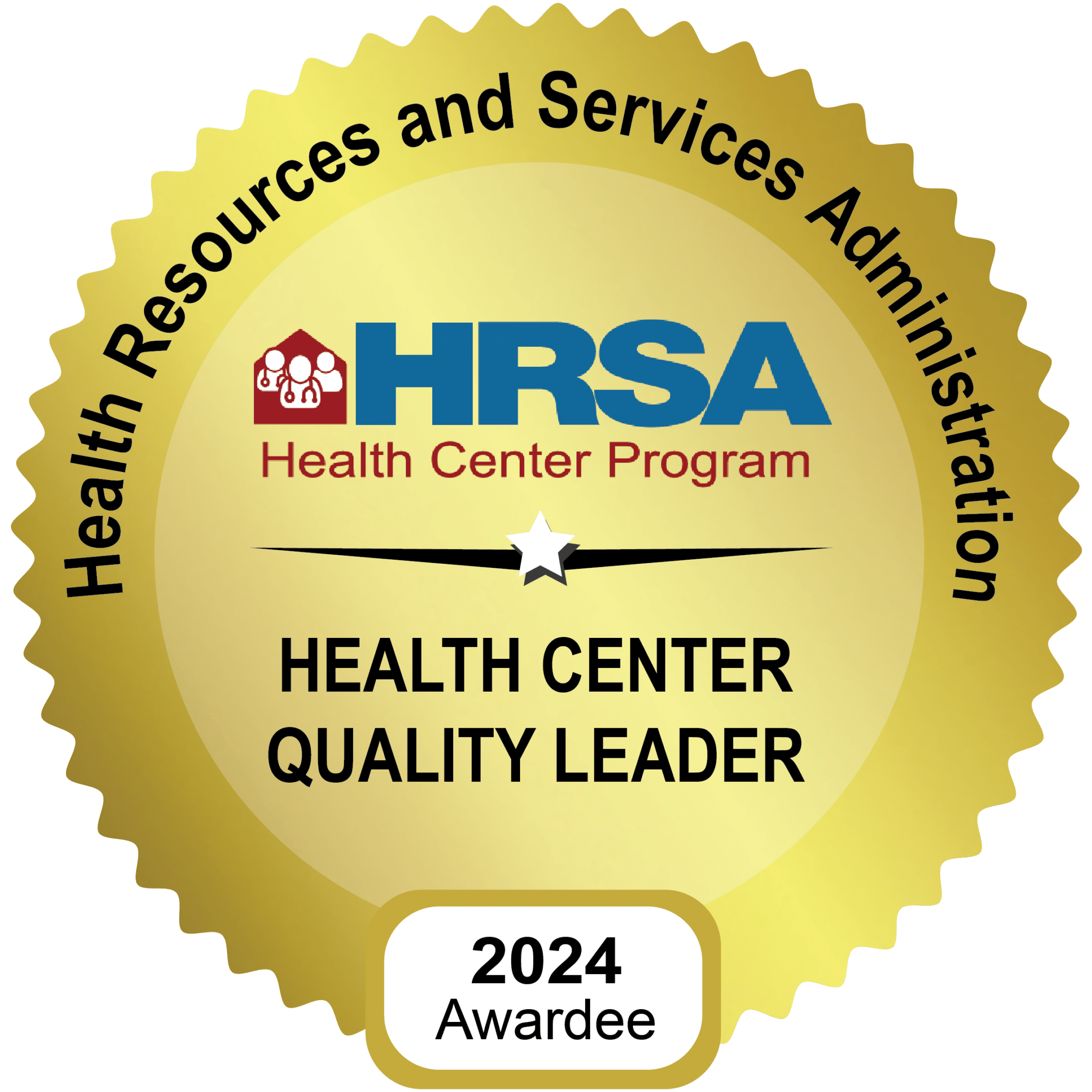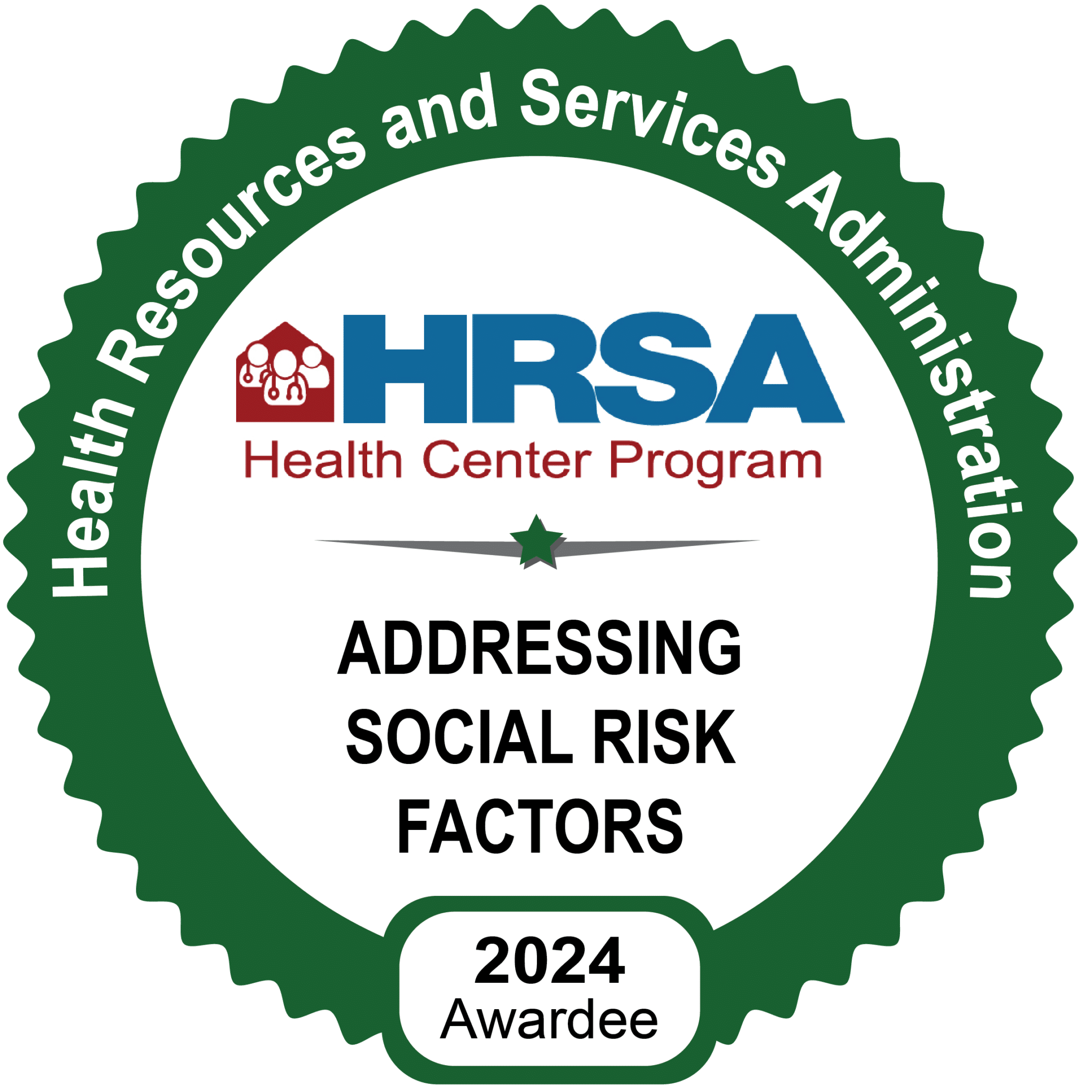EMPOWERING MOMS TO NURTURE THEIR WAY
As we celebrate National Breastfeeding Awareness Month, it is essential to recognize that infant feeding goes beyond just breastfeeding. While breastfeeding undoubtedly provides numerous benefits to both mother and child, it is crucial to acknowledge that not all mothers may be able to breastfeed, and that’s okay. Bottle feeding expands the feeding options available to new families, providing relief from breastfeeding difficulties and allowing other members of the family to provide crucial help to a new mom. The ultimate goal should be the well-being and nourishment of the baby, regardless of the feeding method chosen. Let’s take a look at different feeding methods, their benefits, and potential difficulties that mothers may encounter.
BREASTFEEDING
Benefits of Breastfeeding: There is no denying that breastfeeding offers a host of benefits to both infants and mothers. Breast milk is a natural source of essential nutrients, antibodies, and enzymes that support a baby’s growth and immune system. It establishes a unique bond between mother and child, promoting emotional well-being and a sense of security. Additionally, breastfeeding can aid in postpartum recovery for mothers and reduce the risk of certain health conditions.
Difficulties in Breastfeeding: Despite its advantages, breastfeeding can present various challenges for some mothers and babies. Issues such as latch problems, low milk supply, or difficulties with latching technique can lead to frustration and discomfort for both parties. Moreover, some mothers may experience physical discomfort or face obstacles related to returning to work while breastfeeding. When a baby is not feeding well through breastfeeding, it can be a source of worry and stress for mothers. In such cases, it is crucial for healthcare providers to offer support and guidance to ensure the baby is receiving adequate nutrition. Supplemental methods like using a breast pump and providing expressed breast milk or using formula under the guidance of a healthcare professional can be viable solutions.
BOTTLE FEEDING
Benefits of Bottle Feeding: Bottle feeding, whether with expressed breast milk or formula, can offer mothers the freedom to share feeding responsibilities with partners or other caregivers. This flexibility allows mothers to resume work or take breaks while ensuring their baby’s nourishment. Additionally, it enables other family members to bond with the baby through feeding, promoting a sense of community within the family.
Difficulties in Bottle Feeding: Although bottle feeding an infant provides some conveniences, it may also present certain challenges. Preparing formula or expressing breast milk can be time-consuming and require meticulous hygiene to avoid contamination. Moreover, some babies might find it challenging to switch between bottle feeding and breastfeeding, leading to nipple confusion or refusal.
COMBINING BREASTFEEDING AND BOTTLE FEEDING
Combining breastfeeding with bottle feeding can be a viable option for some mothers, especially those who experience difficulty with milk supply or those who need to return to work. This method, known as mixed feeding, allows babies to receive the benefits of breast milk while also receiving supplemental nutrition from bottles. It is essential to ensure that the baby does not reject breastfeeding altogether due to bottle preference.
National Breastfeeding Awareness Month serves as an essential reminder of the value and benefits of breastfeeding for both mother and child. However, it is equally vital to recognize that there are various infant feeding options available, and what matters most is the health and happiness of the baby. Whether a mother chooses breastfeeding exclusively, mixed feeding, or bottle feeding, it is essential to provide support and understanding.
At Teche Health, we provide WIC and Nutrition assistance services to new mothers, empowering them to make informed decisions, free from guilt or societal pressure, and focusing on the well-being of their little ones. By embracing the diversity of infant feeding methods, we can create a more inclusive and supportive environment for all mothers and their babies.




